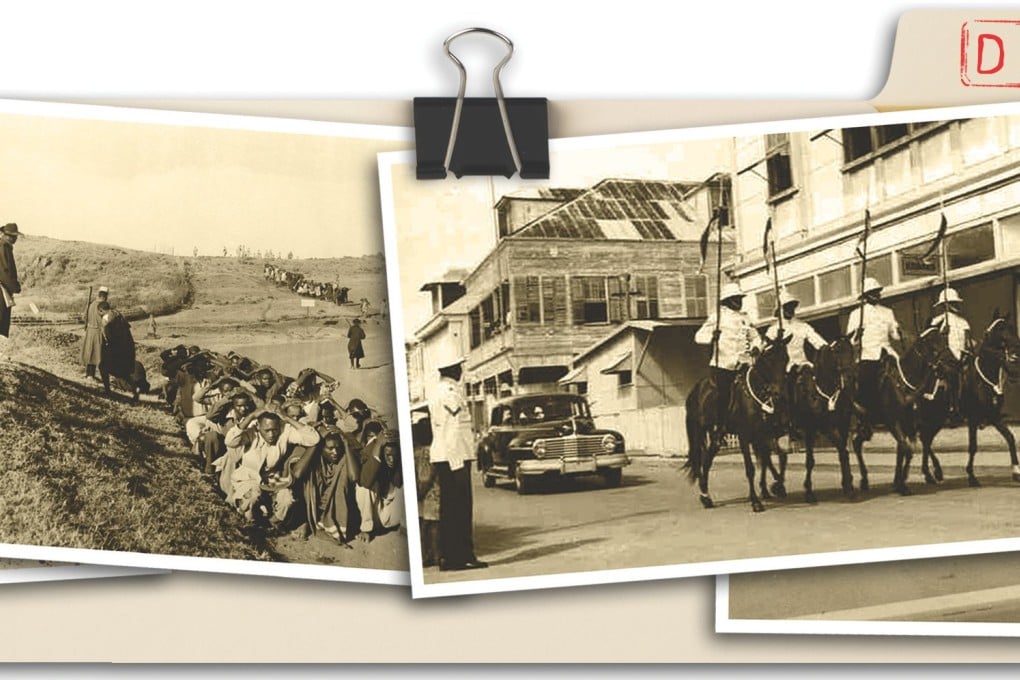British empire staff burned sensitive files before new nations' birth
Retreating colonial officials went to great lengths to stop new nations seeing sensitive documents

The full extent of the destruction of Britain's colonial government records during the retreat from empire was disclosed yesterday with the declassification of a small part of the Foreign Office's vast secret archive.
Fifty-year-old documents that have been transferred to the UK National Archive show that bonfires were built behind diplomatic missions across the globe as the purge - codenamed Operation Legacy - accompanied the handover of each colony.
[Destroy] all papers likely to be interpreted as indicating racial prejudice
The declassified documents include copies of an instruction issued in 1961 by colonial secretary Iain Macleod that postindependence governments should not be handed any material that "might embarrass [the] government ... police, military forces, public servants or others eg police informers", that might betray intelligence sources, or that might "be used unethically by ministers in the successor government".
In Northern Rhodesia, officials were also given orders to destroy "all papers which are likely to be interpreted, either reasonably or by malice, as indicating racial prejudice or religious bias".
Evidence of the purge had to be erased. Documents "should be reduced to ash and the ashes broken up", while any dumped at sea must be "packed in weighted crates and dumped in very deep and current-free water". Also among the documents declassified yesterday are "destruction certificates" sent to London by officials as proof they were performing their duties, and memoranda that showed some were struggling to complete their huge task.
A confusing classification system was introduced, in addition to secret/top secret, to protect papers that were to be destroyed or shipped to the UK. Officials were often refused security clearance on the grounds of ethnicity. Documents marked "Guard", for example, could be disclosed to non-British officials from the "Old Commonwealth"- Australia, New Zealand, South Africa or Canada.
Those classified as "Watch" were to be removed or destroyed. Steps were taken to ensure post-colonial governments would not learn that such files had ever existed. "DG", said to be an abbreviation of deputy governor, was a code word to indicate that papers were for "British officers of European descent only".
